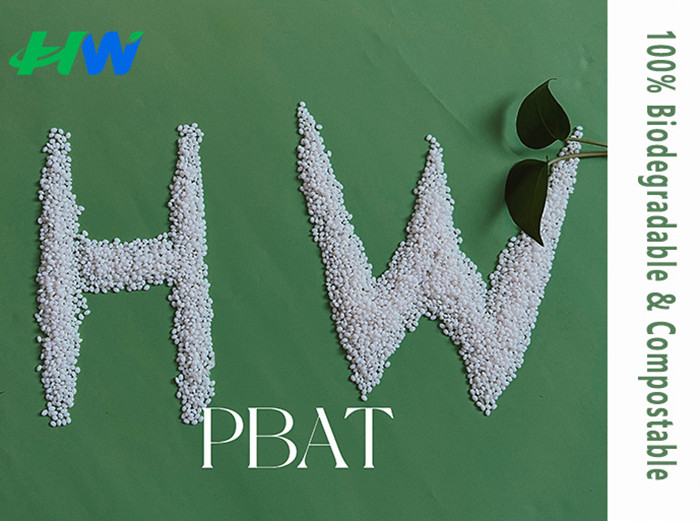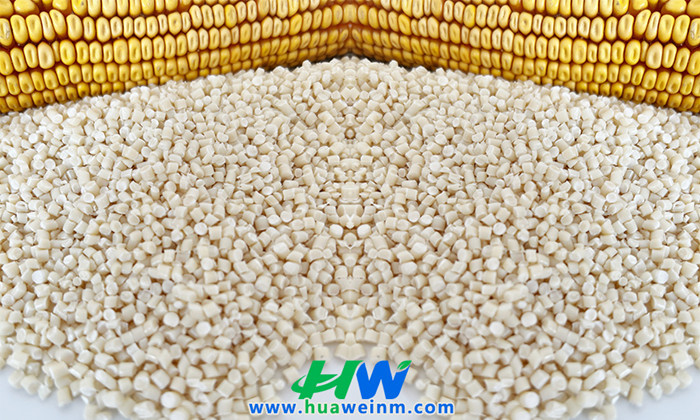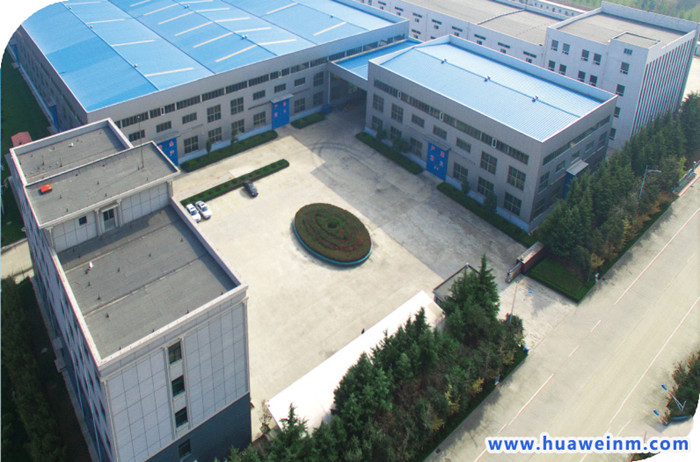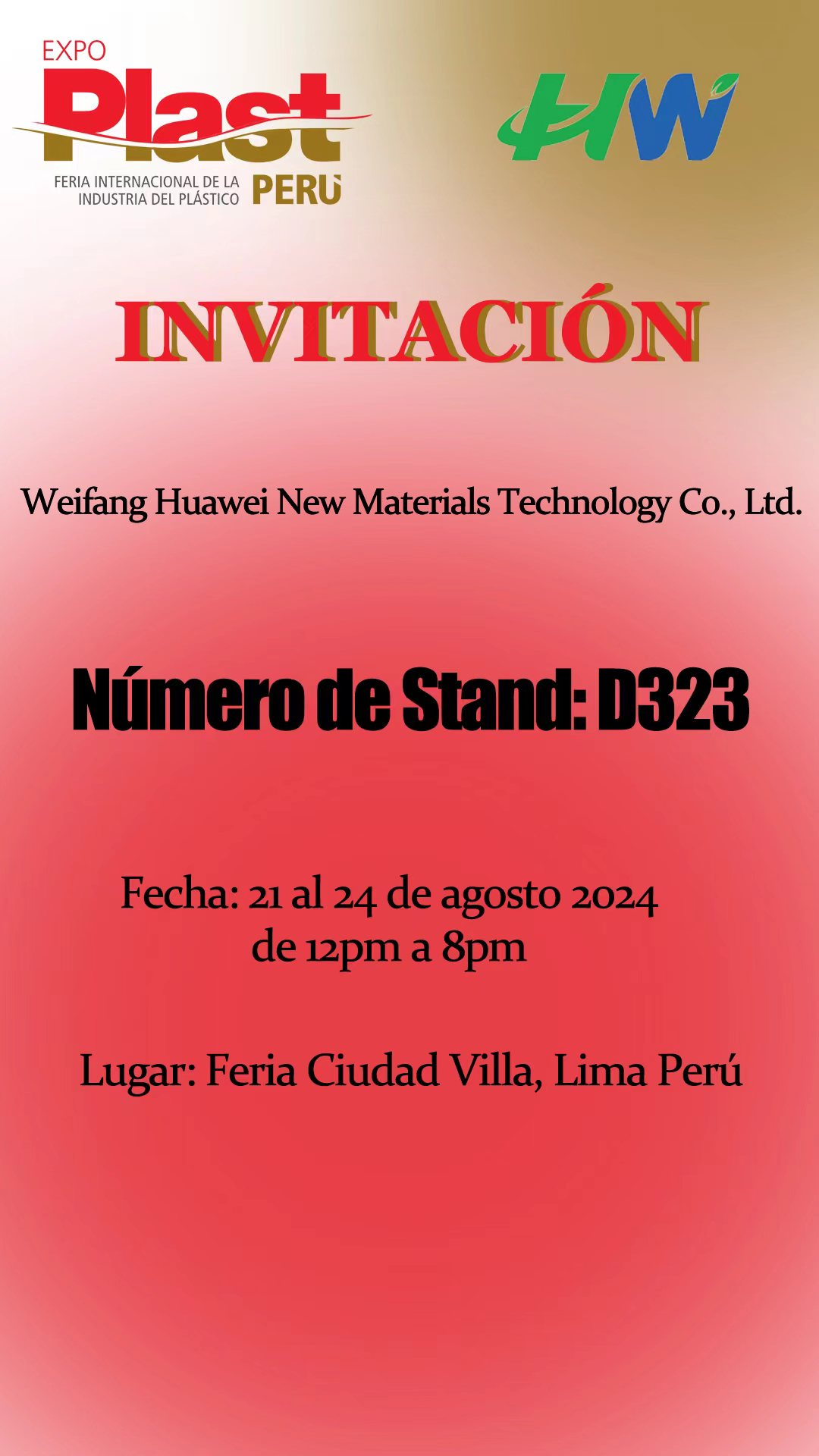As one of the largest modified raw material production bases in China, Huawei Company actively responds to the global "plastic ban" policy call and is committed to the research and development, production and sales of fully biodegradable material technology. The HW series developed and produced by the company is a type of green and environmentally friendly thermoplastic resin, which is based on PBAT and modified with starch and calcium carbonate. It is a completely biodegradable material produced through the melt seeding layer plasticization extrusion process. The material does not contain polyolefin plastics and can be ultimately degraded under specific conditions such as natural or soil composting, turning into harmless substances such as carbon dioxide and water. We have obtained degradation certification in domestic, European Union (DIN CERTCO, TUV), United States (BPI), Australia (ABA) and other countries or regions.

Starch is mainly processed from crops such as corn and potatoes, and is a common biodegradable material with advantages such as wide source, low price, renewability, and rapid degradation. It is an ideal filling material for PBAT modification. However, starch itself has poor plasticity and there are hydrogen bonds between molecules and within molecules, which have certain crystallization properties. Therefore, when using starch filling, it is necessary to treat the starch in advance. By adding crosslinking agents, plasticizers, etc., the starch powder can be made into easily additive particles to facilitate its modification of PBAT, in order to obtain PBAT/starch blends with good comprehensive performance.

Polylactic acid (PLA) has excellent biocompatibility and biodegradability. Its degradation occurs under industrial composting conditions, and the final products obtained from complete degradation are carbon dioxide and water, which do not cause environmental pollution.
PLA has high tensile strength and modulus, but its application range is limited by its high hardness and poor toughness. Using PLA as a filler for PBAT can effectively improve the tensile performance of PBAT, while reducing the hardness and toughness of PLA when used alone, ultimately resulting in a product with good overall performance. Therefore, using PLA to enhance and modify PBAT is a highly efficient method.
Activated calcium carbonate has a high reinforcement effect in PBAT modification due to its extremely small particle size and high activity. When using activated calcium carbonate for PBAT blending modification, a certain amount of compatibilizer needs to be added to improve the physical and mechanical properties of the product. After modification with calcium carbonate, the material can quickly and completely biodegrade, greatly reducing product costs, and has better practical operability for manufacturing membrane bag products.
A study has found that when using ultrafine calcium carbonate to fill and modify PBAT, the tensile properties of PBAT/ultrafine calcium carbonate blend are greatly improved when the mass fraction of ultrafine calcium carbonate is 10% and the mass fraction of compatibilizer is 3 parts. When the mass fraction of ultrafine calcium carbonate reaches 20%, the membrane bag still has good mechanical properties.

The HuaWei company takes product quality as its life and customer satisfaction as its purpose. To achieve the global goals of "mass entrepreneurship and innovation", reduce carbon emissions, and control white pollution, we are willing to work together with various enterprises for common development!
